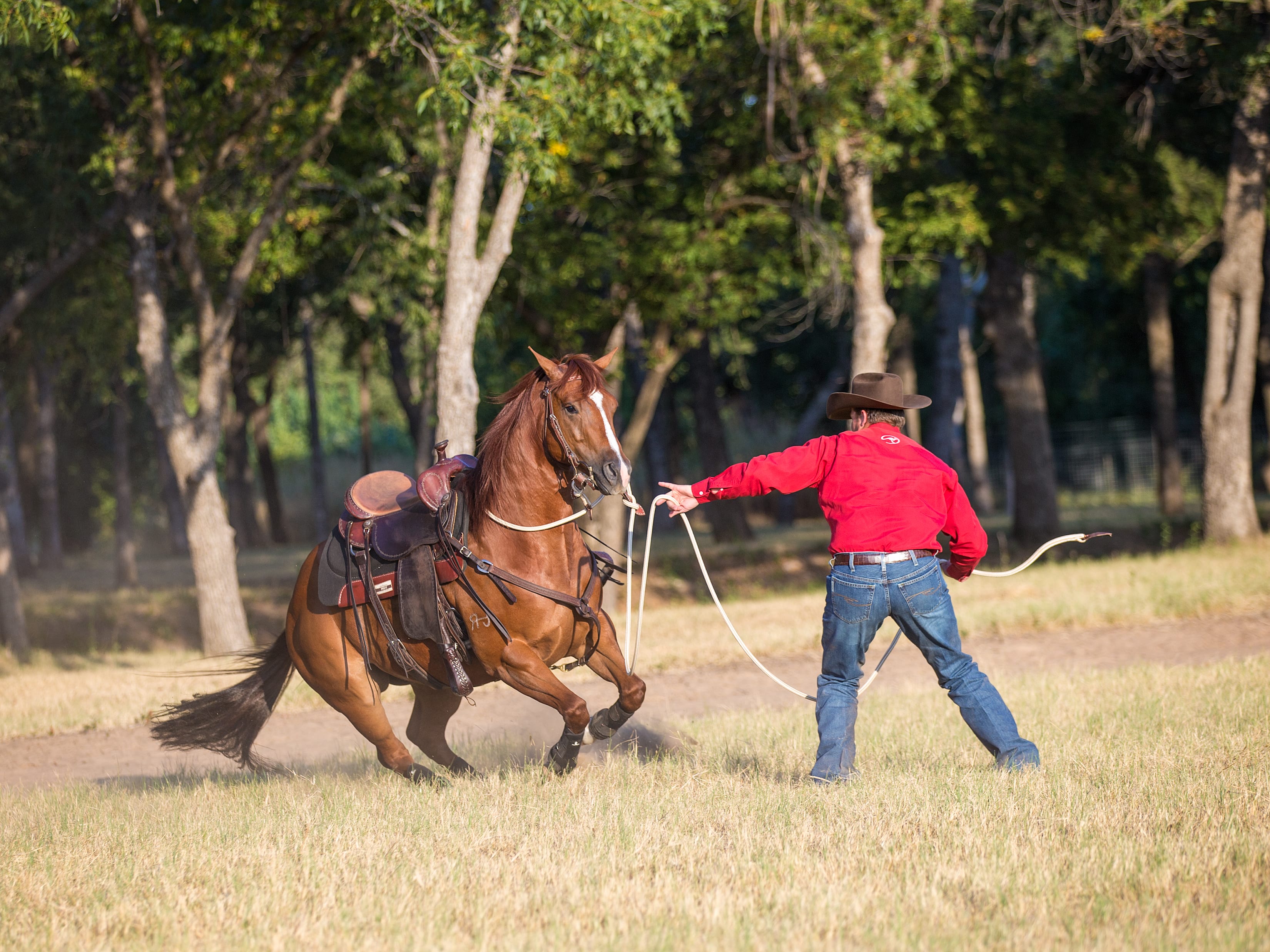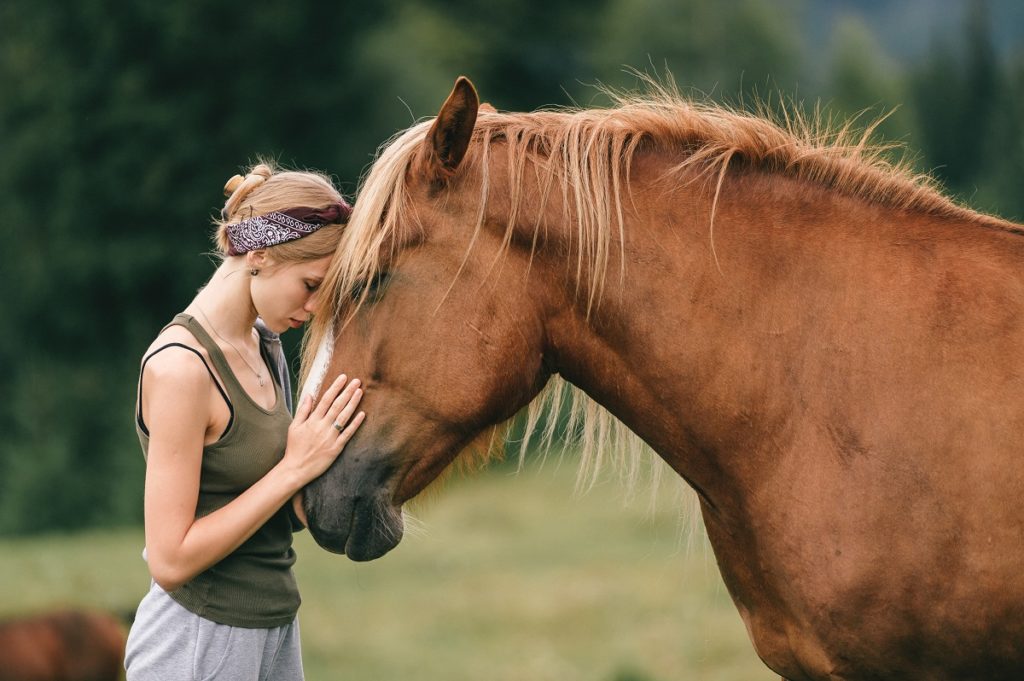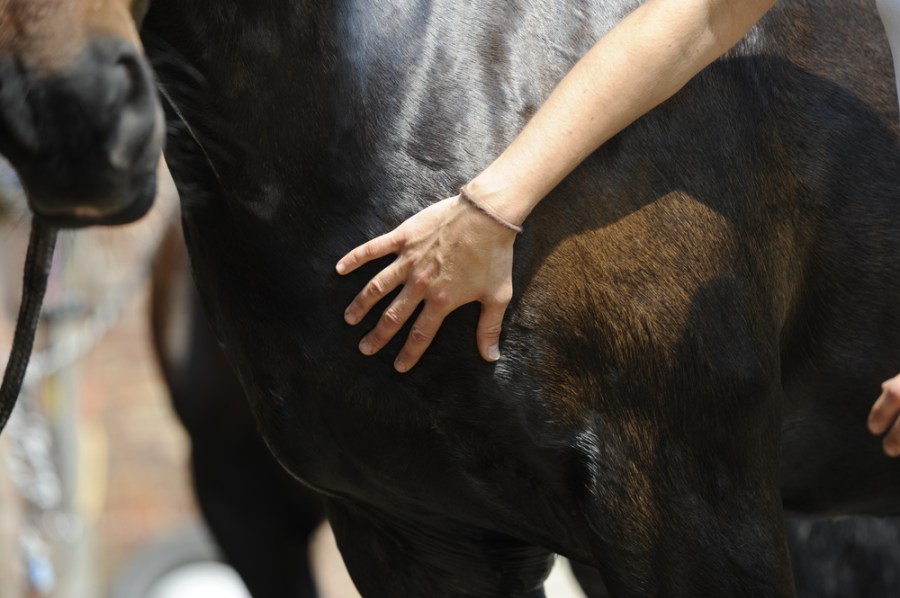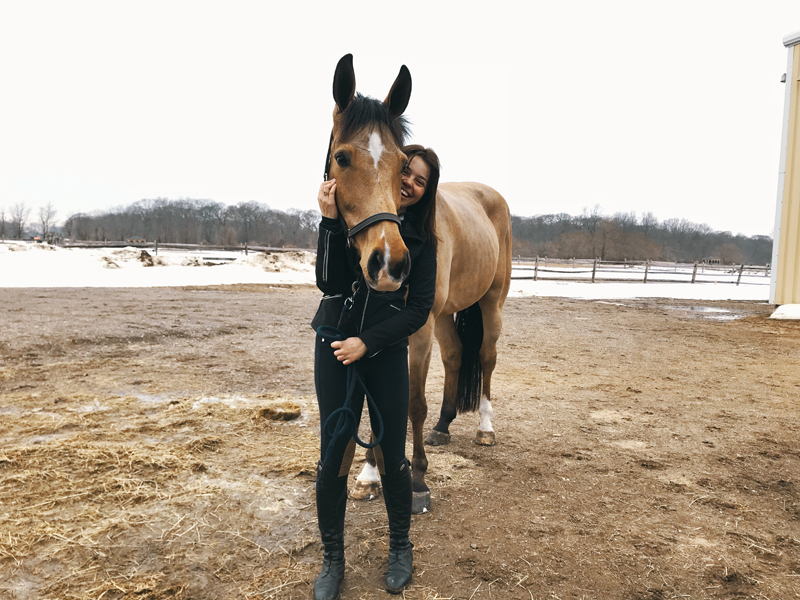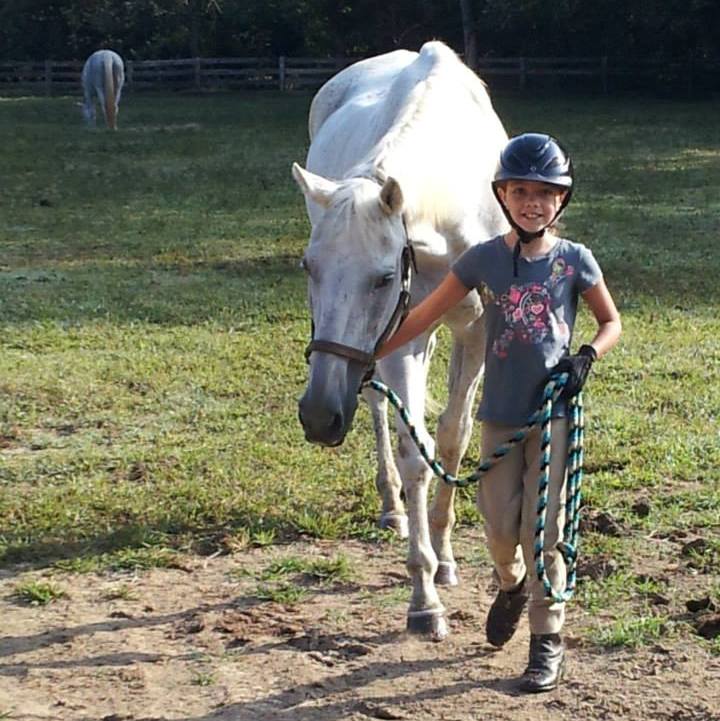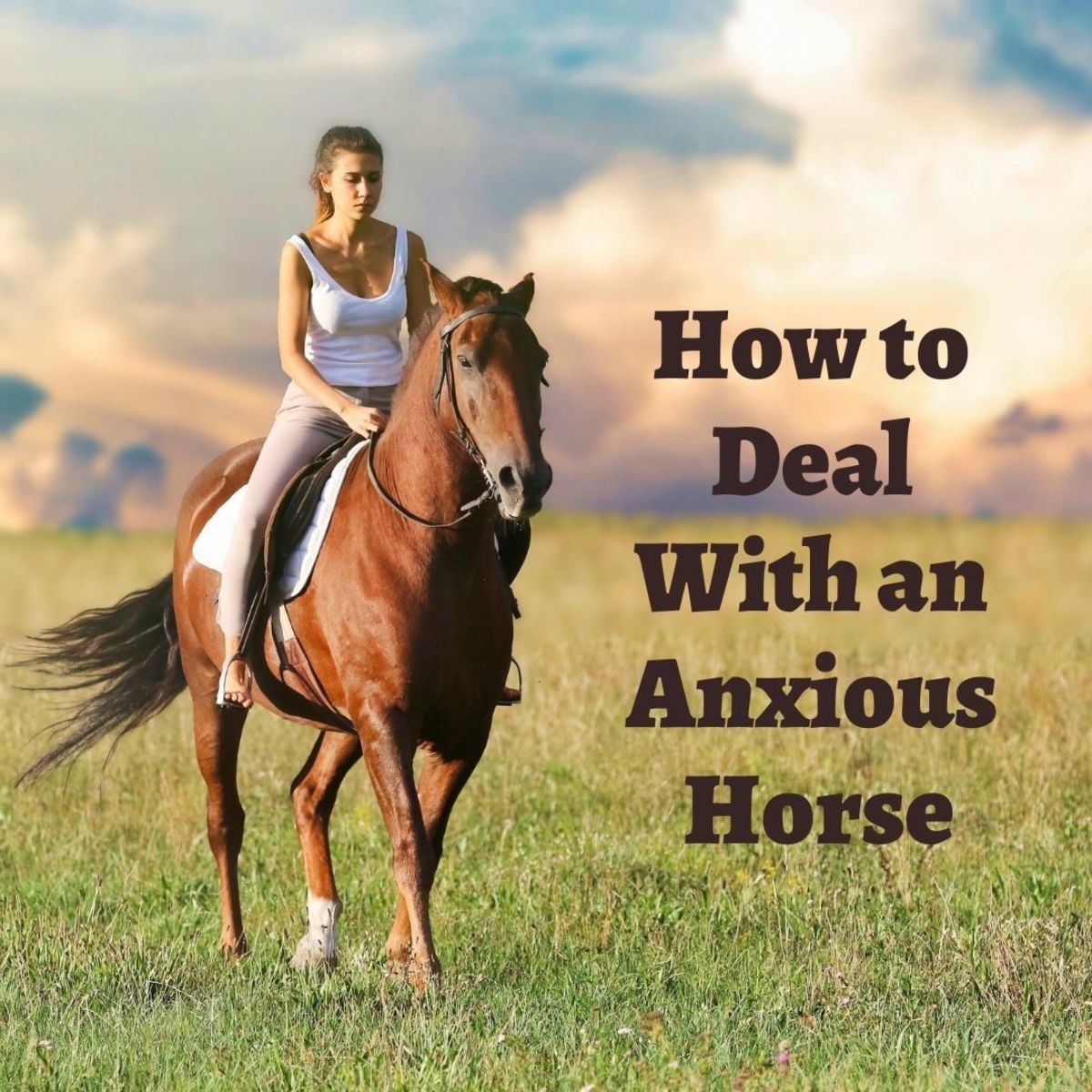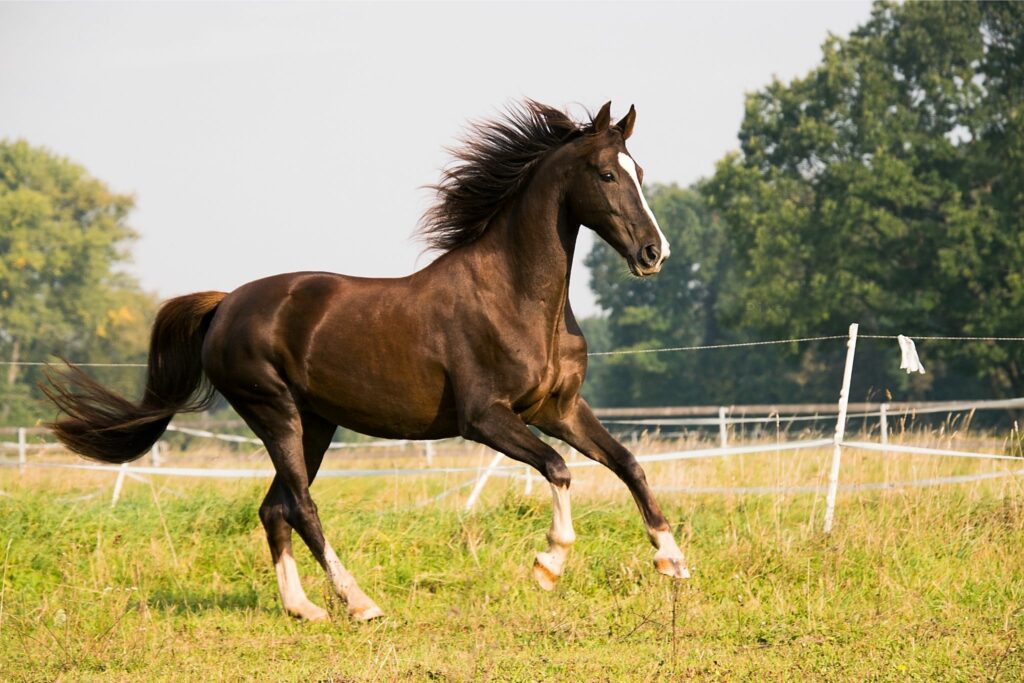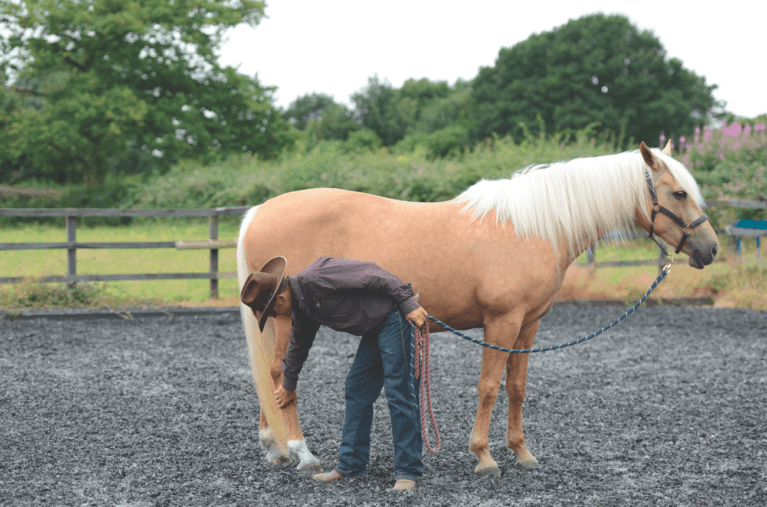Amazing Tips About How To Handle Horses

Sudden moves or loud noises can cause a horse to shy (jump sideways) or kick out.
How to handle horses. This is the most important thing you can do for an aggressive horse. You do this for two reasons 1) taller forage protects any parasites that may possibly overwinter in protected microclimates and 2) you are exposing those that are there to. However, it is important to practice safety procedures when handling your horse.
Hand walking as soon is possible is good to keep these horses moving to improve circulation because left to their own devices they will tend to stand around and not exercise. So, they explore new things with their lips and sense of smell. (it’s customary to work from this side of the horse, so it will be accustomed to this.) hold the ends of the reins in your left hand, just in front of the saddle, but.
Slide the halter over the horse's muzzle, or nose. Horses can very quickly become. Alabama’s frontrunner for a u.s.
Feed treats from buckets or tubs. Always pay attention to your horse and only correct when needed. 5 tips for dealing with a horse that shows aggression towards human 1.
Caring for a horse is an excellent way to gain new skills and build a strong bond the animal. Providing a horse with a steady intake of hay or grass throughout the day is important in winter. Stand on the horse’s left side.
Make sure to earn your horse’s respect!. Keeping your horse with his friends and within familiar. Hold up the rag and let the horse give it a proper inspection.
Stand to the left side between your horse's head and shoulder. A trainer can help guide you. Horse trainer clinton anderson talks about safely handling fresh, reactive horses.
Remember, you have to be their herd leader. The key to dealing with fresh horses is to not get in the saddle until you. Reassure them by talking to them as your put the halter on.
Be firm with your horse. See more ideas about horses, horse care, horse training. Horses are creatures of habit and any sudden change can cause stress so try and stick to your normal routine as much as possible.
Don't sit there and nag your horse (push, elbow, pull) only if needed or your horse will start to ignore it. If the horse is attentive, it will be less reactive to other stimuli in the environment.


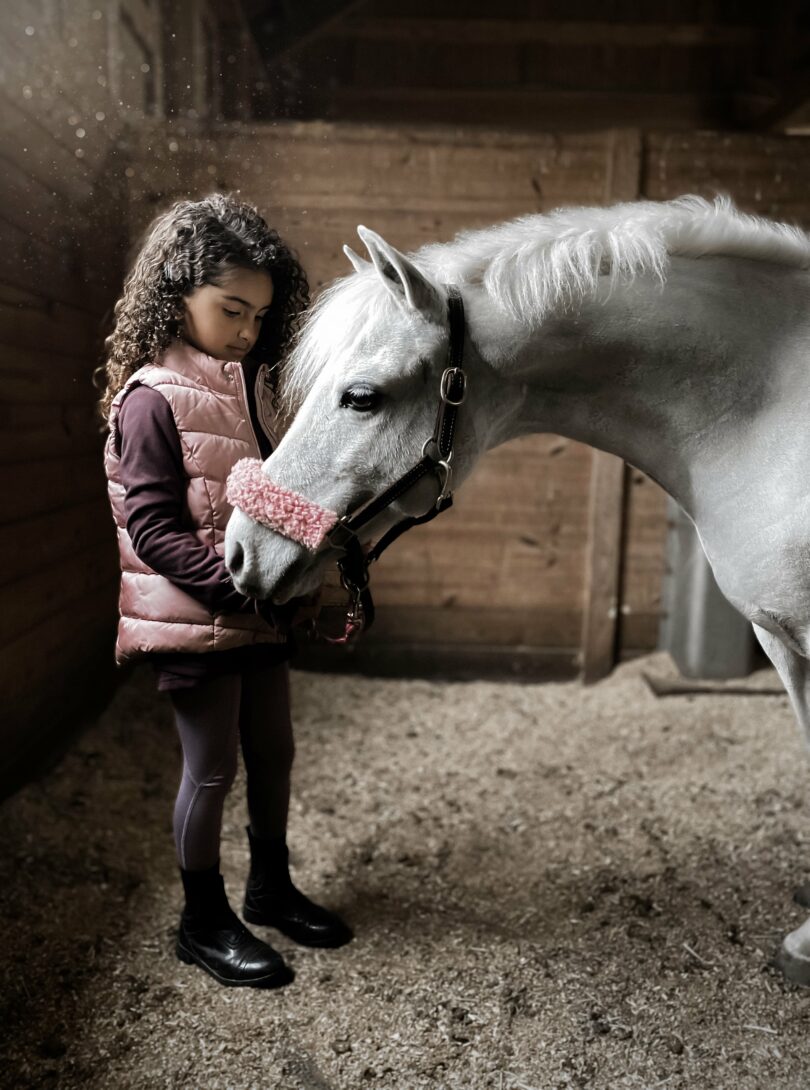


/smiling-woman-with-horse-588482757-570e30223df78c7d9e5044d0.jpg)
